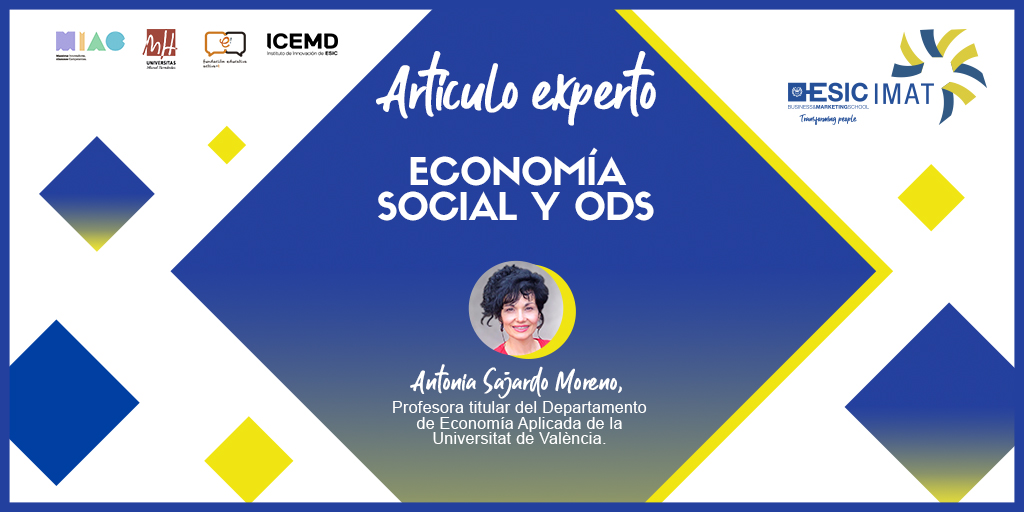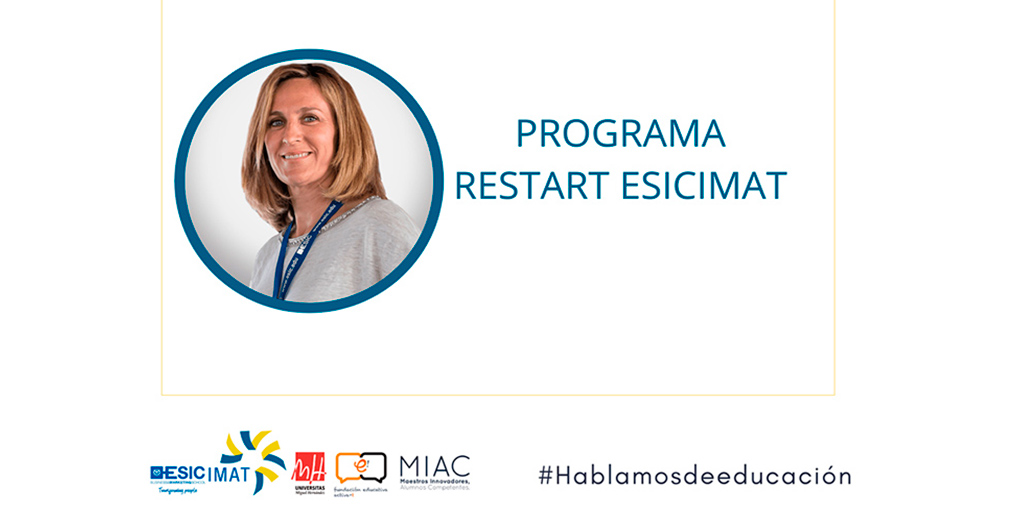By Antonia Sajardo Moreno
The 2030 Agenda is the roadmap drawn up by the United Nations, referring to the three dimensions of sustainable development, namely economic, social and environmental, basic for building an inclusive growth model that respects the planet. The Sustainable Development Goals were established as an opportunity and a challenge to achieve fair, prosperous, egalitarian and sustainable societies. These are 17 goals that are committed to the elimination of poverty, the steadfast fight against climate change, education, women’s equality, environmental protection and the design of healthy and happy cities, where the human being is the axis and the driving force behind all individual and collective action. A resolute commitment to reducing inequalities and decent work at the global level, with the aim of ensuring economic development that generates greater social cohesion in the territories and finding the means to deal with the consequences of climate change.
And in this context, the potential of the Social Economy becomes particularly relevant, especially in the current complicated economic framework, deeply shaken by the global pandemic, and which puts in check our way of conceiving the economy and articulating society, even our very existence, on a planet of finite resources. The Social Economy is an alternative economic sector to the dominant economy, structured on the primacy of people and social issues over capital, and informed by a logic of economic operation marked by the principles and values of democracy, justice, solidarity and the full development of the human being. These principles and values are embodied in the activity of the sector’s entities and companies, as well as in their interrelations with their stakeholders, highlighting their primary contribution to the achievement of the Sustainable Development Goals (SDGs) championed by the United Nations.
The Social Economy provides both paradigmatic and innovative, everyday examples, emanating from civil society itself, which have been endorsed and confirmed by the Public Sector, thanks to models of collaboration, support, or simply independence and respect. Privileged taxation, lines of financial or administrative assistance, positive legislation… are a good example of this. But the market is also aware of the potential of the Social Economy, the discipline of which impels it to efficiency and effectiveness in its actions, but from a different mold of action and management of the result achieved. At the end of the day, a more humane, supportive, sustainable, ethical, responsible, reliable Economy… and where the person is the origin and ultimate purpose of the economic process.
Thus, Social Economy companies and entities achieve favorable results for members and workers at all levels (economic, social, health, educational, etc.), as well as facilitate the preservation of natural spaces and the improvement of living conditions in general for the whole community, collaborating decisively in the generation of inclusive, fair, equitable and sustainable economies and societies. The verification of this fact in different places and under different forms of implementation is what highlights the importance of the Social Economy as a way to successfully achieve the SDGs.
Such is the importance of the SDGs that they are one of the axes on which this new edition of IMAT revolves. Their presence throughout the Congress is unquestionable, because if we want a change, it is essential to talk about it and give it the prominence it deserves. One of the key activities of the SDGs in IMAT 2021 is the round table “Educating for the SDGs”, which will take place on July 1. Don’t miss it, the change starts now!
Keywords: Social Economy, SDG, Sustainability, Solidarity



